Learn About the Inclusivity index
People Behind the Inclusivity Index, the history and motivations
To help children at school develop their whole selves; feel safe, secure, and INCLUDED, and have a POSITIVE experience in a community they respect.
Five diverse minds with complementary experiences who share a common aim.
Andy Abbott, Head of School, John Burroughs School
Committed leader of diversity, equity, and inclusivity efforts in secondary education
“Guided the Inclusivity Index approach to ensure that the survey would be useful for schools”
Daniel Harris, Director, Community & Equity Leadership Center, John Burroughs School
Founding Director of The Equity Exchange and passionate developer of principles and practices in the field
“Created the content, the qualities, statements, and demographics, that form the substance of the Inclusivity Index”
Tiffany Khang, former diversity leader in K-8 school
Committed and experienced thought leader in lower and middle school education
“Drove the development of the Grades K-4 and 4-8 versions of the survey”
Casey O’Donnell, Manager, Sales Strategy and Analytics, Tableau
Exceptional data modeling and presentation skills
“Conceived the data structure/graphical interfaces including the most revered tool, the Experience Lens”
Charlie Peters, retired businessperson and former Trustee President John Burroughs School
Decades of market research experience and familiarity with alternative survey research methods
“Invented the Positive-Negative Most Least MaxDiff survey design and scoring approach”
Key advances in the Inclusivity Index history.
2015 The Equity Exchange created at John Burroughs School
2016 Trustees decide to attempt to “measure inclusivity”
2017 First MaxDiff “Positive Negative Most Least” survey
2018 Tableau data analysis toolset built by Tableau Foundation
2018 Inclusivity Index, Inc. formed as a non-profit
2018 Inclusivity Index offered to other schools, public and private
2019 4-8 survey conceived and piloted
2020 Analyzer toolset added expanding insight of lower scoring groups
2021 K-4 survey conceived and piloted
2021 First K-12 schools combine lower, middle and upper surveys
2022 Identity analysis work started
2023 “Support and Risk Analysis” added using logistic regression
2023 Dialogue with the Inclusivity effort launched with forum and blog
